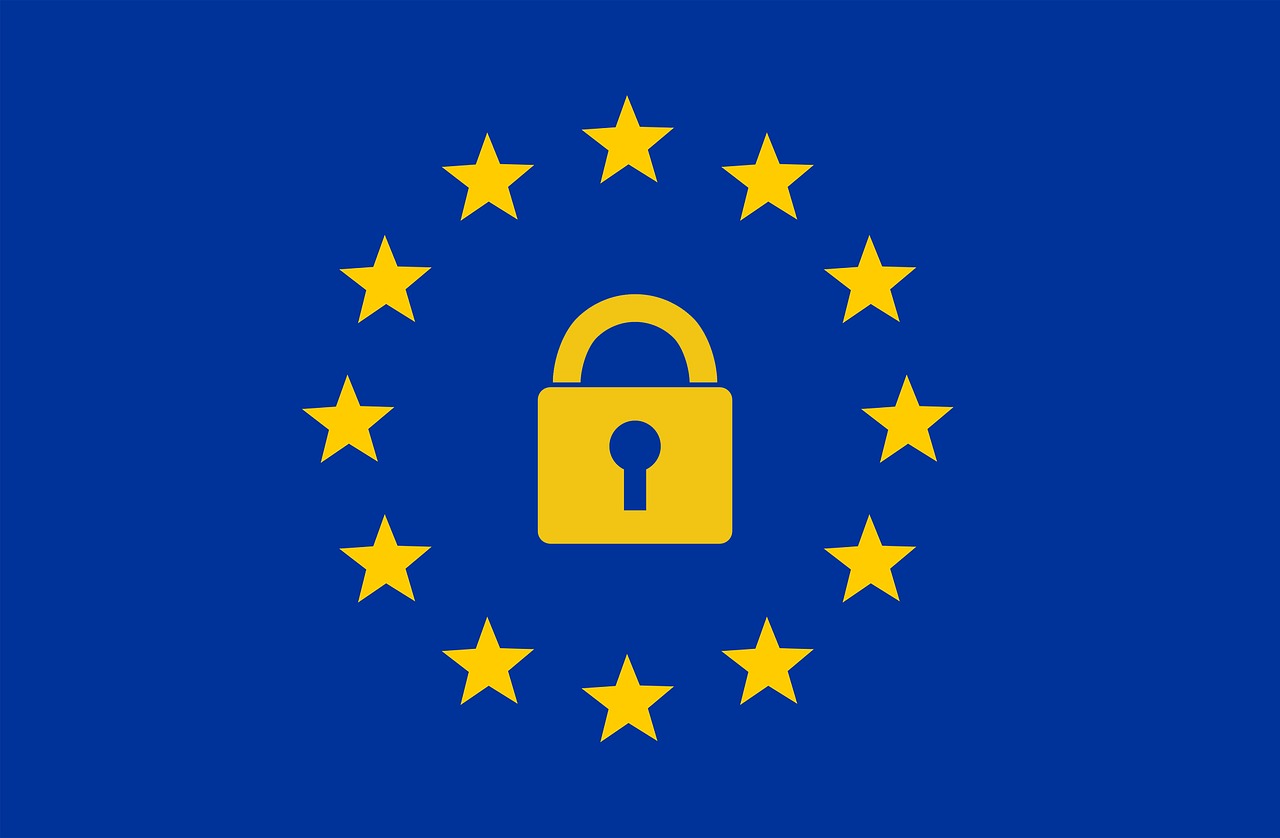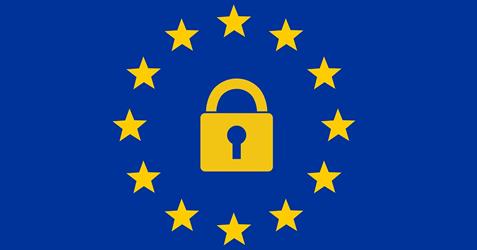What We’ve Learnt After A Month

Hailed as the most significant change to data protection laws in the last decade, the GDPR has come into force in recent weeks. Despite widespread warnings prior to the 25th May 2018, it seems many businesses are still playing catch-up when it comes to meeting the new regulations.
Known as the General Data Protection Regulations, the law on data privacy and accessibility has changed considerably. Companies must now be more transparent with consumers and enable users to opt out of data submissions. Furthermore, businesses need to adopt new in-house measures in order to manage data effectively and dispose of it safely and in a timely manner.
With numerous practical and theoretical challenges arising from the implementation of the GDPR, how are businesses coping four weeks after the law became enforceable?
New Laws Having ‘Worldwide Impact’
The internet has revolutionised the way we communicate and businesses now have a wider reach than ever before. As a cheap and efficient way to communicate with clients and customers all over the world, companies rely on the internet in order to survive in the digital era.
Although the GDPR is only applicable to businesses which sell goods in the EU or collect data from EU citizens, it’s having a worldwide impact. Even companies which are not physically based in the EU need to comply with the new regulations, if they collect data from EU citizens or sell goods in any EU countries.
For businesses based outside the EU, the challenges posed by the GDPR have been tricky. In fact, many EU-based users found themselves unable to access US-based websites in the week following the introduction of the GDPR. As US websites scrambled to ensure GDPR-compliancy, the true impact of the regulations became apparent.
For both US-based and EU-based companies, the challenge of meeting the GDPR requirements and satisfying the law in other jurisdictions is becoming clear. While the GDPR gives more web data protection rights to EU citizens, some experts have expressed concerns that the regulations will contradict privacy laws in other jurisdictions, such as the US.
With EU companies keen to continue trading in the US and vice versa, many businesses are playing it safe and choosing to comply with the GDPR, which is arguably more restrictive than existing US privacy laws. As well as increasing web security and data protection worldwide, this move enables businesses to operate in accordance with just one data protection policy, regardless of where their users are based. In addition to providing in-house cohesion, this measure should prove more cost-effective and efficient in the future.
Meeting The Challenges Of The GDPR
Most large, UK-based companies are well-equipped to deal with the demands of the new regulations, but it has been a different matter for SMEs and charities. With limited resources, many smaller companies are concerned about their web presence in light of the GDPR. As all future marketing materials and web content will also need to be GDPR-compliant, their concerns are not unfounded.
However, there’s no need to spend large sums on GDPR consultancy experts or data protection training courses. At WYSI we’re committed to providing businesses with GDPR-compliant websites, CRM solutions, landing pages, web content and easily managed, GDPR-compliant marketing campaigns. As well as designing and implementing exceptional content, we’ll ensure your web presence is meeting the demands of the GDPR. To find out more, contact WYSI today.



